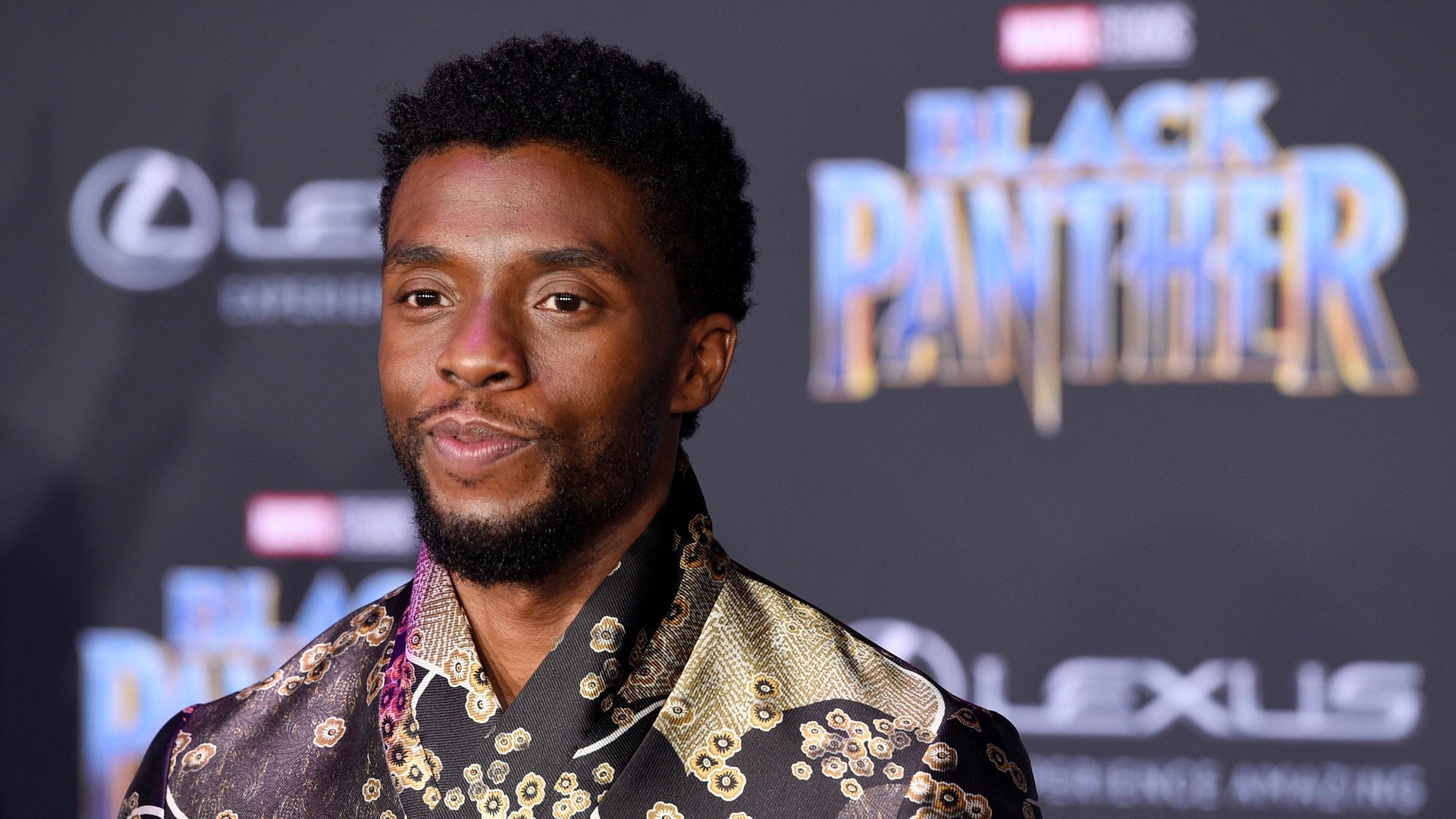Marvel’s Black Panther will speak this real African language
Marvel’s kingdom of Wakanda may be mythical, but its inhabitants will use a very real language. The on-screen spoken language of the kingdom of Wakanda is isiXhosa, the melodic South African language known for its distinctive clicks. It’s one of the way the much anticipated Black Panther film is trying to ensure its authenticity as it skirts premature accusations of appropriation.


Marvel’s kingdom of Wakanda may be mythical, but its inhabitants will use a very real language. The on-screen spoken language of the kingdom of Wakanda is isiXhosa, the melodic South African language known for its distinctive clicks. It’s one of the way the much anticipated Black Panther film is trying to ensure its authenticity as it skirts premature accusations of appropriation.
Tony Award-winning South African actor John Kani plays the first Black Panther and old king of Wakanda, T’Chaka. In the Marvel Studios film, Chadwick Boseman’s T’Challa takes over the most technologically advanced yet isolated African kingdom after his father is killed.
“There are words used to indicate that those people’s indigenous language is not English,” said Kani. “But you know this is an American major blockbuster, therefore it will be 99.9% English. However, you’ll hear some isiXhosa words being dropped.”
With the line, “I miss you my son, I haven’t seen you in a long time,” Kani introduced isiXhosa into the film’s script, he told journalists at the film’s world premiere in Los Angeles on Jan 29.
It will be a brief moment in the entirety of the film, but one that Kani sees as part of a larger opportunity to “introduce the different African, an African that is a global figure,” he told Variety.
IsiXhosa is an Nguni language (the same family of languages as isiZulu and siSwati) spoken mainly in South Africa’s Eastern and Western Cape provinces and is the second largest cultural group in the country. It became the official language of Wakanda in Captain America: Civil War, which introduced film audiences to Boseman’s Black Panther, as well as his father played by Kani.
“I asked the directors ‘Why am I speaking English to my son?’ We are supposed to be from Africa,’” Kani said he told Captain America directors Joe and Anthony Russo.
In Black Panther, director Ryan Coogler described the moment you hear a father and son on screen speaking a real African language in a Hollywood blockbuster as “emotionally moving.” Kani worked with Coogler to make sure the moment felt authentic, also playing the role of language consultant.
In the storyline, the flashbacks between T’Chaka and T’Challa flesh out the burden the young now carries as he also grieves for his father. The film, however, has the added burden of the expectations of audiences who have placed great significance on a black superhero set in an Africa that defies stereotypes.
*Wamkelekile kuWakanda: Welcome to Wakanda